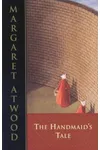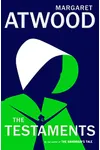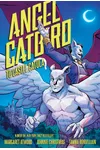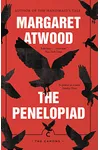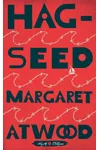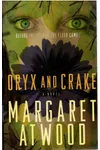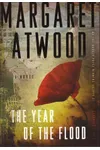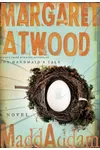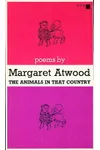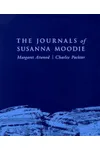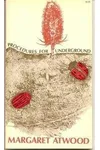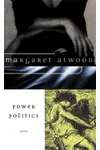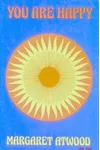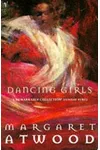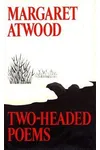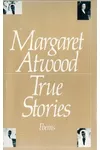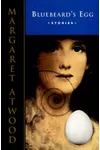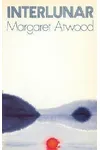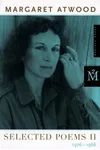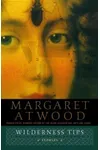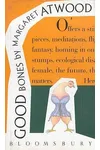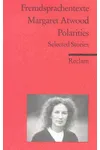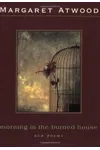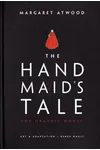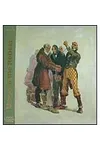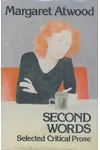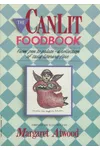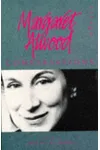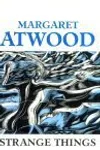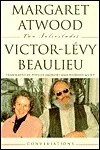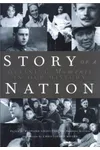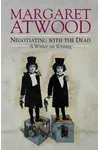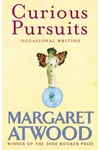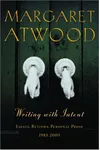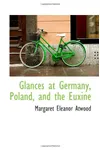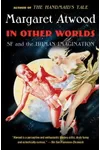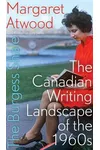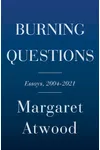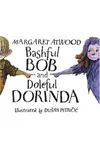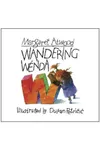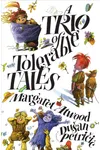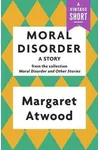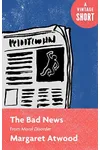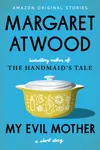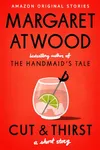Picture a Canadian storyteller who spun dystopian worlds and sharp-witted tales that captivate millions—meet Margaret Atwood! Born in 1939, this literary titan has penned over 65 books, from chilling speculative fiction like The Handmaid’s Tale to lyrical poetry, earning her a global fanbase and countless awards. With a knack for blending biting social commentary with unforgettable narratives, Atwood’s work feels as urgent today as ever.
But Atwood’s not just a writer—she’s an environmental activist, inventor of the LongPen technology, and a champion for emerging authors. Let’s dive into the life, works, and legacy of this extraordinary woman whose stories challenge and inspire.
The Making of Margaret Atwood
Born on November 18, 1939, in Ottawa, Canada, Margaret Atwood grew up surrounded by books and nature. Her father, an entomologist, took the family to the Canadian wilderness for research, sparking her lifelong love for the environment. Atwood began writing as a child, crafting poems and stories. She studied at the University of Toronto and Harvard, honing her craft and publishing her first poetry collection, Double Persephone, in 1961. These early years shaped her fearless voice, blending intellectual rigor with a playful edge.
Margaret Atwood’s Unforgettable Stories
Atwood’s bibliography is a treasure trove of genres, but her speculative fiction steals the spotlight. The Handmaid’s Tale (1985), a chilling dystopia about a totalitarian regime stripping women’s rights, became a cultural phenomenon, adapted into a hit TV series. Its sequel, The Testaments (2019), won the Booker Prize, proving Atwood’s staying power. The MaddAddam Trilogy (2003–2013) imagines a bioengineered future, blending satire with ecological warnings. Her poetry, like The Circle Game (1966), weaves vivid imagery with raw emotion, while novels like Alias Grace (1996) showcase her knack for historical fiction with a feminist twist.
Atwood’s style is sharp, layered, and often darkly funny. She tackles themes like power, gender, and environmental collapse, making readers think while keeping them hooked. Her ability to craft complex characters—especially women navigating oppressive systems—sets her apart as a literary trailblazer.
Why Margaret Atwood Matters
Margaret Atwood’s impact transcends the page. Her prescient stories have shaped feminist and environmental discourse, inspiring readers to question authority and fight for change. As co-founder of the Writers’ Trust of Canada, she’s nurtured countless authors, while her LongPen invention revolutionized remote book signings. Translated into over 35 languages, her work resonates globally, cementing her as a cultural icon whose voice amplifies urgent issues.
Atwood’s awards—Booker Prize, Governor General’s Award, and the Franz Kafka Prize, to name a few—reflect her brilliance. Yet, her legacy lies in her ability to make us see the world anew, urging us to protect freedom and the planet.
About Margaret Atwood
- Born: November 18, 1939, Ottawa, Canada
- Key Works: The Handmaid’s Tale, MaddAddam Trilogy, Alias Grace, The Testaments
- Awards: Booker Prize, Governor General’s Award, Franz Kafka Prize
- Fun Fact: Invented the LongPen, a remote signing device
Snag The Handmaid’s Tale or The Testaments and dive into Margaret Atwood’s bold, thought-provoking worlds!
